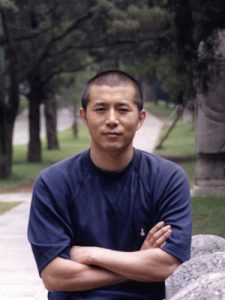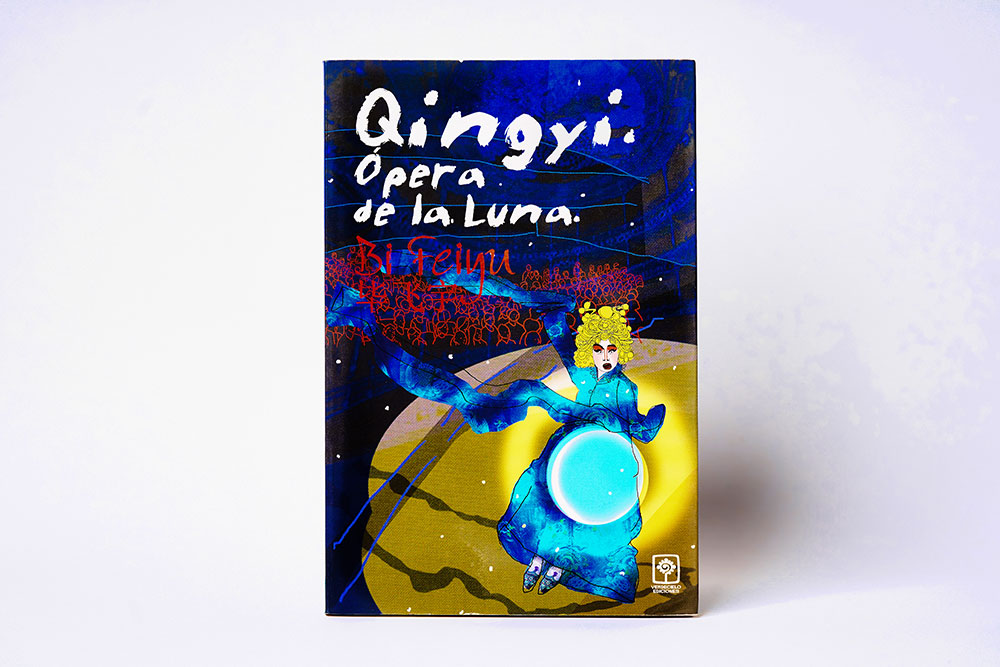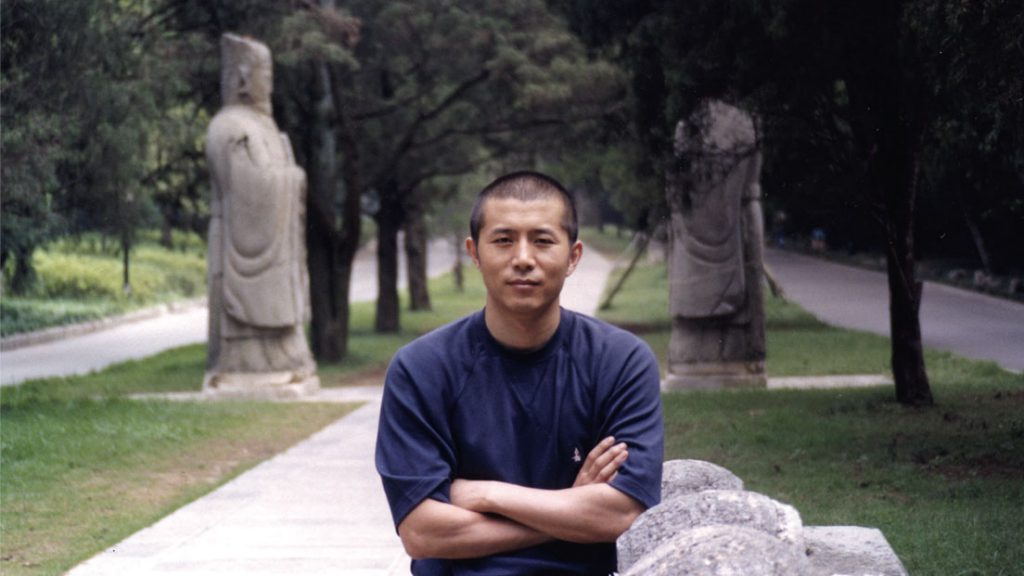Blog
Bi Fieyu
May 30, 2019
 Bi Feiyu was born in Xinghua, Jiansu province, continental China, in 1964. His father was accused of being “a rightist” and his whole family was forced to abandon the city in order to be “re-educated” in the countryside, during the Cultural Revolution. The author was born in the countryside and began writing poetry and novels at an early age. He had a university education, after which he began working as a teacher and as a journalist in a Nanjing newspaper. Even today he contributes as a writer and as an editor with a variety of media, and has been a writer-in-residence at several international universities.
Bi Feiyu was born in Xinghua, Jiansu province, continental China, in 1964. His father was accused of being “a rightist” and his whole family was forced to abandon the city in order to be “re-educated” in the countryside, during the Cultural Revolution. The author was born in the countryside and began writing poetry and novels at an early age. He had a university education, after which he began working as a teacher and as a journalist in a Nanjing newspaper. Even today he contributes as a writer and as an editor with a variety of media, and has been a writer-in-residence at several international universities.
His work frequently describes the confrontation between the individual subject and History (both personal and collective), giving life to characters with a profound sensibility and courage, and examining how they overcome their limitations. The author is not afraid of criticizing the abrupt changes that his country is going through; he is interested in his readers’ questioning and understanding that these changes do not necessarily imply a real development for China’s inhabitants.
Among his credits as a script writer, the film Shanghai Triad (1995), co-written with film director Zhang Yimou, must be specially considered. The National Board of Review recognized this full-length movie as the best foreign film that year. [New York’s Critics Circle and the Critics’ Association of Los Angeles gave it a best cinematography award and Cannes Film Festival bestowed it its Technical Prize, all of them in 1995.] Nonetheless, Bi Feiyu feels that the merit belongs to this literary work.
His novels have received numerous prizes in China, among them the Lu Xun Prize in 1995 and 1996, as well as international prizes, such as the prestigious Man Asian Literary Prize (derived from the British Man Booker Prize) in 2010, for his masterpiece Yumi, Yuxiu, Yuyang (Three Sisters in English), translated into Spanish by Verdecielo Ediciones with the title Las feroces aprendices Wang. This Panamanian publishing house has also translated his short novel Qingyi. Ópera de la luna (Moon Opera), which was nominated for the Independent Foreign Fiction Prize in 2008.
The highest award in his country of origin, the Mao Dun Prize, was conferred to him in 2011 for his novel Tui Na (Blind Massage in English). [Its film adaptation won the Silver Bear Cinematography Award at the Berlin Film Festival in 2014.] His oeuvre has been translated to a half-dozen languages; his most recent work is his fictional autobiography (Don Quichotte sur le Yangtzé in French). In 2017, the French Ministry of Culture awarded Bi Feiyu the honorary distinction of the Order of the Arts and Letters in the French General Consulate in the city of Shanghai.


